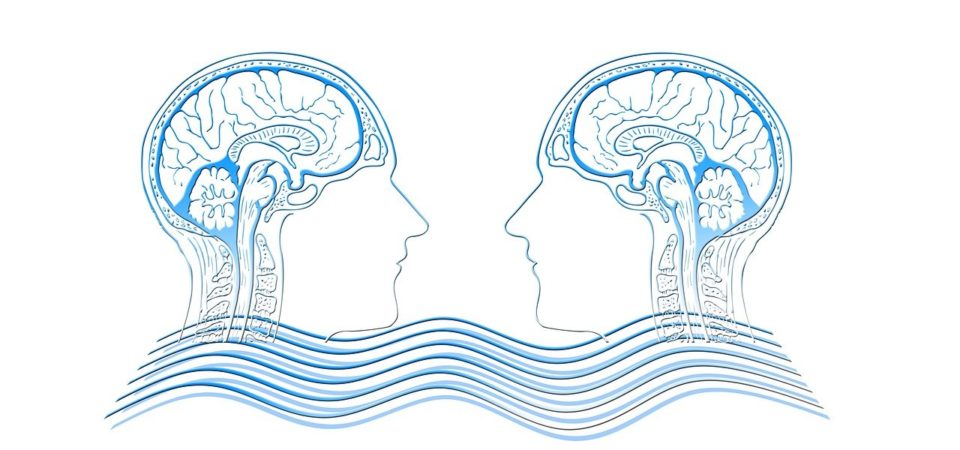Item Link: Access the Resource
Date of Publication: In print
Year of Publication: 2023
Author(s): Geoffrey Heal
Abstract
“Do unto others as you would have them do unto you” is a statement attributed to Jesus in Luke 6:31 and Matthew 7:12; it is commonly referred to as the “Golden Rule” and is a central feature of several ethical systems (see section 6 below).
I consider the effect of following this precept – caring about the well-being of others (also called empathy, altruism or positive reciprocity) – on the internalization of interpersonal externalities and on the level of private contributions to the provision of public goods. I show that if an individual’s preferences depend positively on the well-being of others, then in the case of moral universalism external effects are fully internalized, and private contributions to the provision of a public good will be sufficient for it to be provided at an efficient level.
Furthermore, I show that when morality is less than universal an increase in the level of caring for others shown by any agent will lead to a Pareto improvement in the case of interpersonal externalities and an increase in the level of provision of the public good, and that as caring levels for others increase towards moral universalism, the level of provision of the public good converges to the efficient level.
An increase in caring, empathy, altruism, or positive reciprocity, in the presence of interpersonal externalities or public goods, is Pareto improving. As it is well-documented that people display some degree of concern for others, it is arguable that our failure to provide public goods optimally or to manage externalities efficiently is attributable to lack of empathy/altruism/positive reciprocity and a failure of moral universalism as well as to the free rider problem. Adam Smith [40] is widely credited with first emphasizing the importance of empathy in economics, so this approach is in the Smithian tradition.
Key words: empathy, mirror neurons, external effect, public good, private contribution to public goods, behavioral economics, altruism, warm glow, reciprocity, caring, moral universalism.
This paper (in print) subsumes and replaces an earlier paper, Empathy and the Efficient Provision of Public Goods, NBER WP 29255.
The views and opinions expressed through the MAHB Website are those of the contributing authors and do not necessarily reflect an official position of the MAHB. The MAHB aims to share a range of perspectives and welcomes the discussions that they prompt.
